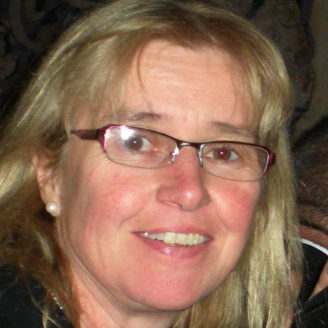We are an artist-run non-for-profit co-op very concerned about everyone’s private information please read our Policy about personal information use for more details. We will not shared any of it with third-parties without your explicit consent.

Safe Haven
Canadians and Chileans work tirelessly to save thousands of Chileans following the Coup d'État in that country.
September 11, 1973…. For many, the day started like any other, but within hours it became a nightmare. As we know now, thousands of Chilean citizens were arrested, tortured and murdered for crimes as innocuous as studying political science or belonging to a union.
Immediately, development agencies and church groups in Chile and around the globe started to mobilize to help those in danger of arrest.
Canada was no different, except that the Canadian government seemed on a direct path to recognize the new military government while concerned citizens in Montréal, Toronto, Ottawa and Vancouver tried to find a way to help those in danger.
The next few months were extremely tense as the Pinochet government continued to round up citizens and foreigners, many of who were tortured and killed in two stadiums in Santiago.
In a series of cloak and dagger events, people hid in the Embassies, and moved around furtively, sometimes in the trunks of cars. And in Ottawa a young whistle-blower, working for CIDA, blew the cover on the misinformation that was generated by the Canadian Ambassador in Chile. At that time there were also half a dozen Québec priests, nuns and lay people in Chile who worked tirelessly to help the cause of the persecuted Chileans.
In Ottawa, the NDP and various groups continued to pressure the Liberal government to support the citizens of Chile who were at risk of arrest and torture.
Finally, in mid January 1974, 137 frightened but happy Chileans landed at Pearson airport in Toronto, in summer clothes and sandals.
The church groups continued to pressure the government as the military junta in Chile continued to round up workers and progressive Chileans. Out of those efforts were created the Latin American Working Group, the Inter-Church Committee on Chile and later, the Inter-Church Committee on Human Rights in Latin America. Eventually the Canadian government helped to get 7000 Chileans out of Chile in the months following the coup in 1973.
In addition to saving the lives of thousands of Chileans and welcoming them to Canada, the efforts of the churches, unions and community groups resulted in the creation of a new refugee policy (until then Canada did not have a refugee policy) which would see a wave of refugees and subsequent new Canadian citizens from Chili, El Salvador, Honduras, Guatemala as well as over 55,000 Vietnamese in 1979/80
60-90 min
